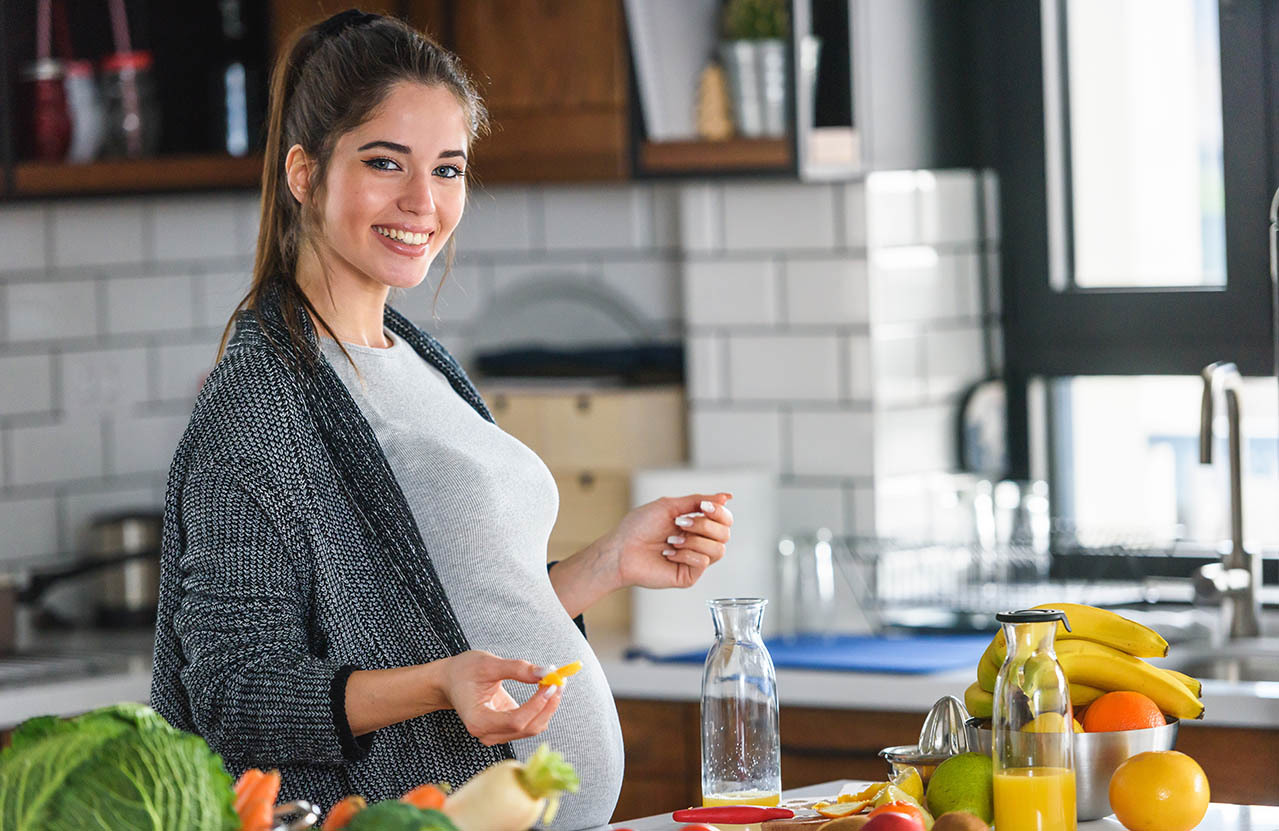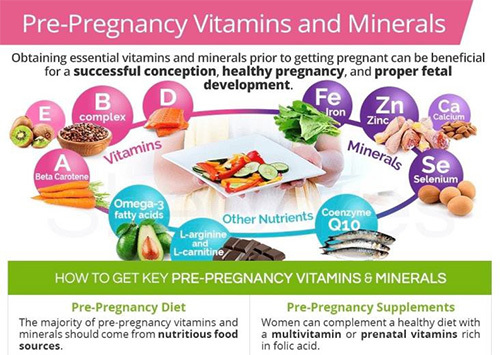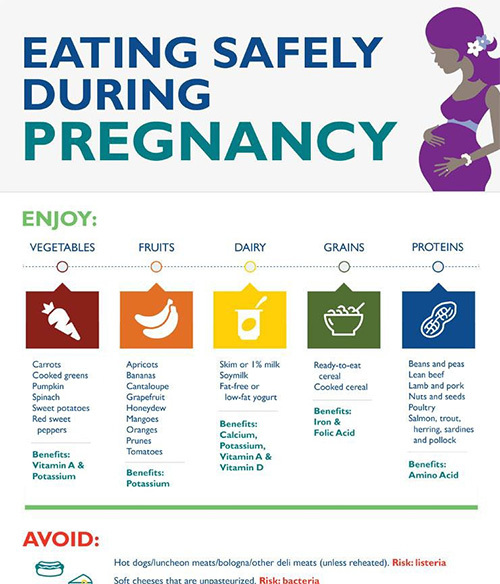
**Important Note** this article is simply an awareness tool with some overall, big picture concepts that may be beneficial. It is not medical advice nor is it intended to supplement any medical advice given from your doctor.
Bringing a new life into the world can be one of the most rewarding, challenging, and majestic things a mother does. This article will take you through three phases of pregnancy to help increase awareness on how nutrition can help the miracle of birth be a positive one from a nutritional standpoint.
Nutrition and pregnancy refers to the nutrient intake, and dietary planning that is undertaken before, during and after pregnancy. Nutrition of the fetus begins at conception. For this reason, the nutrition of the mother is important from before conception as well as throughout pregnancy and breast feeding.
This article is going to divide the pregnancy into 3 areas, pre pregnancy, intra pregnancy, and post childbirth.
Pre-Pregnancy
Here we will discuss and assume that the mother IS looking to become pregnant in the next several months and wants to foster the best nutritional environment possible. For pre pregnancy, much, if not all, of the nutritional principles that lead to a healthy individual will also lead to a healthy pregnant individual.
Thus the main focus for the mother would be to be at a healthy body weight avoiding very low body fat percent (17-19% with a healthy body weight is a great general rule). An anti-inflammatory meal plan rich in green leafy vegetables, microbiome friendly foods, and a caloric intake that supports activity and performance but not excess weight gain. Anti-inflammatory non corn fed fish can start to be incorporated in the diet in moderation. A University of Granada study showed that eating two servings of omega 3 rich salmon a week during pregnancy is beneficial both for the mother and child, thus incorporating these foods in may be a good habit to start in the pre pregnancy phase. Other foods rich in vitamins A, E, D and B as well as iron, zinc, calcium and selenium. This is also a good time to increase foods containing folic acid which will be more deeply explained in the next section. In this phase the overall health of the mother is the most key, including being at a healthy body weight, reducing inflammation, controlling stress, supporting a healthy microbiome, and being active.

On the topic of activity, the pre pregnant mother should consider adding moderate resistance training and cardiovascular exercises in to prepare the heart, lungs, and musculature system for the stress of the added body weight a baby will bring. Strengthening the core, lower body, and low back can help immensely in preventing pregnancy pain later on.
During Pregnancy
The Academy of Nutrition and Dietetics recommends the following key components of a healthy lifestyle during pregnancy.
- Appropriate weight gain
- A balanced diet
- Regular exercise
- Appropriate and timely vitamin and mineral supplementation
- Approximately 300 extra calories are needed each day. These calories should come from a balanced diet of protein, fruits, vegetables very similar to the pre pregnancy phase.
- Keep sweats and inflammatory fat to a minimum.
- NO alcohol and restricting caffeine & artificial sweeteners may be a topic to ask your doctor about.

Avoid eating the following foods during pregnancy:
- Unpasteurized milk and foods made with unpasteurized milk (soft cheeses, including feta, queso blanco and fresco, Camembert, brie or blue-veined cheeses—unless labeled “made with pasteurized milk")
- Hot dogs and luncheon meats (unless they are heated until steaming hot before serving)
- Raw and undercooked seafood, eggs and meat. Do not eat sushi made with raw fish (cooked sushi is safe).
- Refrigerated pâté and meats preads
- Refrigerated smoked seafood
The U.S. Public Health Service recommends that all women of childbearing age consume 400 micrograms (0.4 mg) of folic acid each day. Folic acid is a nutrient found in:
- Some green leafy vegetables, most berries, nuts, beans, and citrus fruits.
Folic acid can help reduce the risk of neural tube defects, which are birth defects of the brain and spinal cord. Neural tube defects can lead to varying degrees of paralysis, incontinence and sometimes intellectual disability.
Folic acid is the most helpful during the first 28 days after conception, when most neural tube defects occur. Unfortunately, you may not realize that you are pregnant before 28 days. Therefore, your intake of folic acid should begin before conception and continue throughout your pregnancy. Your health care provider will recommend the appropriate amount of folic acid to meet your individual needs.
Post Pregnancy
Post pregnancy nutrition is very similar to what you have been doing with an added emphasis on protein to assist with breastmilk production. Calories can start to be waned down as long as milk production is in sufficient supply.
Avoid these Foods when Breastfeeding
Alcohol passes to your baby through your breastmilk and can harm your baby’s brain and body development.
Caffeine: Caffeine is a stimulant that passes through breast milk to the baby and may affect growth.
Swordfish, Shark, King Mackerel and Tilefish: These fish have high levels of mercury. Mercury can be harmful to your growing baby’s brain.
For exercise getting back to a body weight that you are most energetic and content with is important to the psychological health of yourself and the baby. Do so gradually and make activity fun as you bond with your infant.
Although we did not dive into the subject of stress in this article it deserves attention. Removing or avoiding people, places, or situations that stress you out is a must! Whenever you are stressed not only does this affect you and your digestive health but also your growing baby. Approach each meal with gratitude and in a state of calm for optimal nutrient absorption. Try to meditate and read more often, prioritize sleep, and join support groups with other positive expecting women who are going through your journey.
For more information on nutrition, exercise, or nutritional coaching during your pregnancy email us at coaching@macromissionary.com
